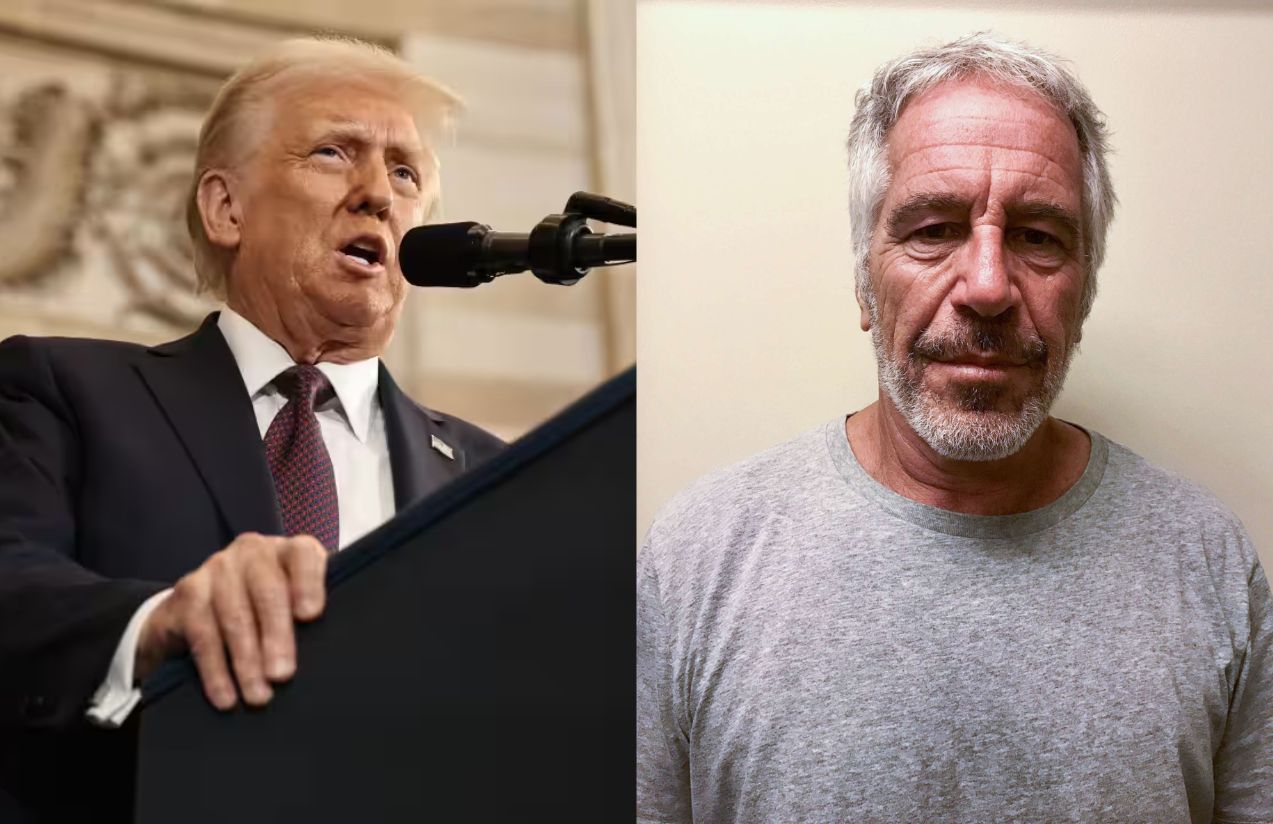A controversial sculpture depicting President Donald Trump holding hands with financier Jeffrey Epstein was removed from the National Mall in Washington just one day after being installed. The artwork, titled “Best Friends Forever,” showed both figures smiling, painted in tones imitating bronze, and accompanied by commemorative plaques suggesting they shared a “long-lasting friendship.”
The anonymous art collective The Secret Handshake claimed responsibility for the piece, stating that its goal was to spark public debate and question the relationship between the two well-known figures. However, the National Park Service argued that the statue violated the terms of the permit granted, which justified its swift removal.
From the White House, some spokespeople described the installation as a “political provocation,” asserting that Donald Trump had severed ties with Jeffrey Epstein years ago and that the statue sought to manipulate public perception. Supporters of the artwork, on the other hand, denounced the removal as an act of censorship and intolerance toward critical art.
¿Does this removal imply political censorship, or was it merely a legal measure?
According to authorities, the decision was made due to administrative violations, not political pressure. Even so, the action has reignited debate over the boundaries between criticism, freedom of expression, and the use of public spaces for provocative art.

